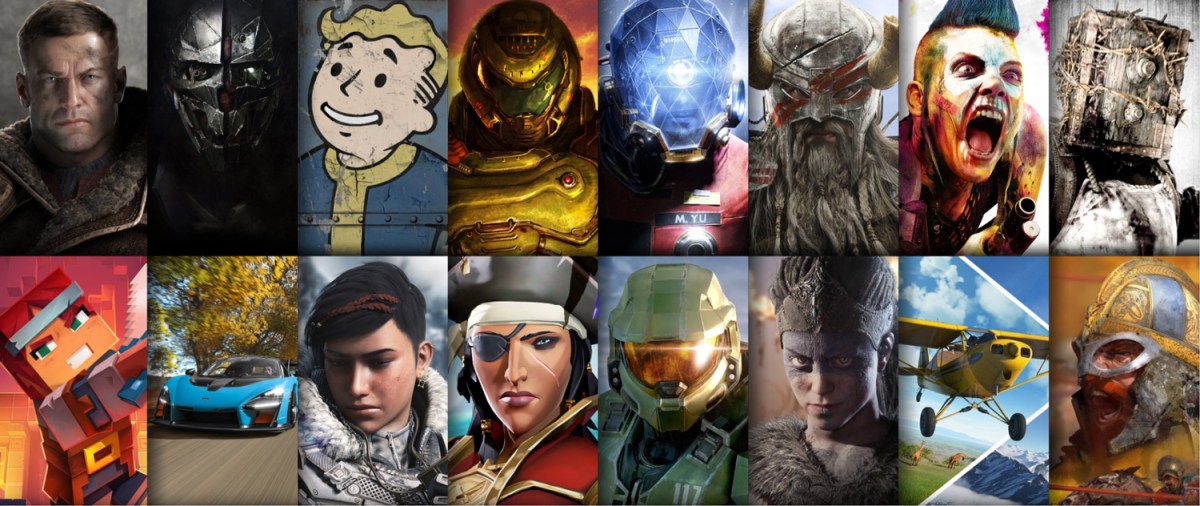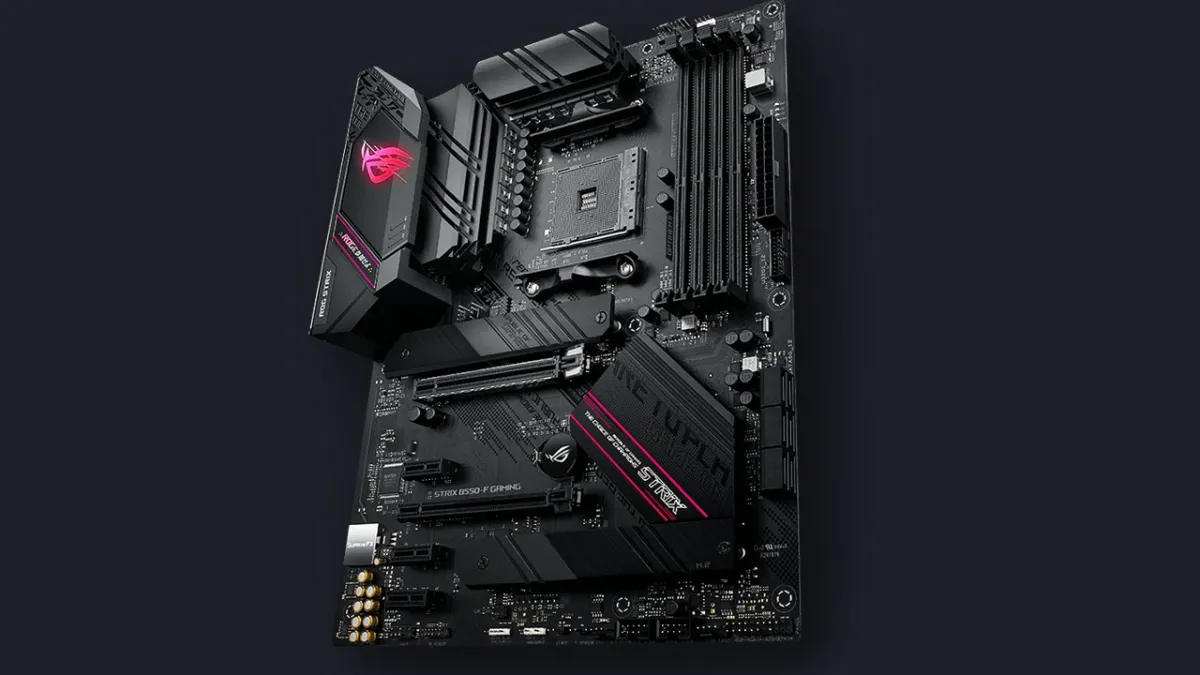The next several years of hardware advancements for PC gaming components sound particularly exciting, but the same is now true for software as well. There have been a lot of impressive tech demos shown off recently, though some gamers may be wondering how such impressive image fidelity can come with a smooth gaming experience. Well, advanced resolution upscalers are largely the answer to that.
Most PC gamers have likely heard of Nvidia’s DLSS tech. It “fakes” higher resolutions than what the game has to actually render, and to impressive results. More recently, AMD introduced FidelityFX Super Resolution, which provides a similar end result. At high resolutions, these technologies make games nearly indistinguishable from native resolution quality. And that extra performance is something that any developer would like to have at its disposal. Microsoft is far from the first company to jump on the resolution upscaling trend. But it could become one of the biggest competitors to DLSS given the massive pool of resources at its disposal.
Now hiring
Microsoft plans to create a true DLSS competitor based on machine learning algorithms, and it has begun looking for engineers that have experience in the appropriate fields. It listed two separate positions, one for a Senior Software Engineer, and another for a Principal Software Engineer of Graphics. Both listings mention games specifically, but the Microsoft listing for the graphics engineer goes into some details that sound quite similar to what’s involved with DLSS.
The listing explains that the engineer will work to “ensure that all games run beautifully at the highest resolutions and frame rates.” It also mentions that it will involve “working in a friendly, collaborative environment on technology related to graphics such as the DirectX API, graphics driver, Machine Learning, shader compiler, PIX tooling, or silicon feature development.”
Machine learning-based resolution upscaling is a proven technology, and Microsoft has good reason to develop its solution. Now that it owns Bethesda, in addition so so many other studios, having direct control over an advanced upscaler would give it a huge performance edge in the gaming industry. Aside from being able to optimize it for all of its first party games, Microsoft could also possibly apply it to its xCloud service. Reducing the rendering loads for its servers would not only improve efficiency, but also become very cost effective over time.
It sounds like the tech is in the early stages of development still, but these types of technologies appear to be the future of games development. The performance boosts simply cannot be ignored, and effective resolution upscaling techniques seem like the best way to achieve the lofty goals of 4K ray tracing gaming and even 8K.




